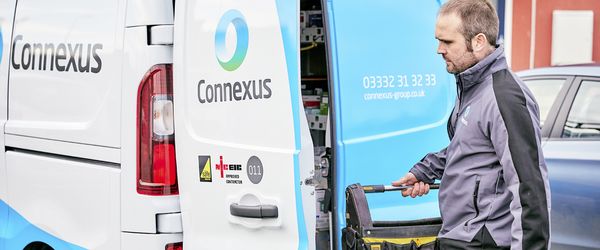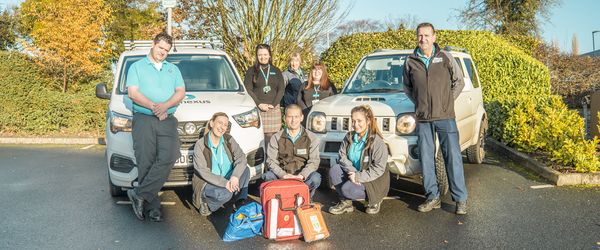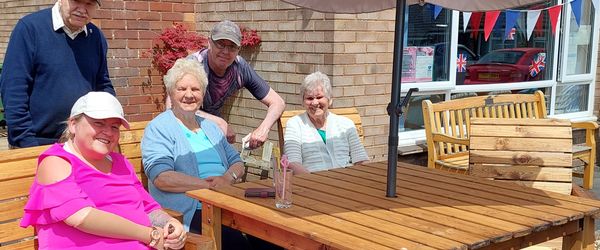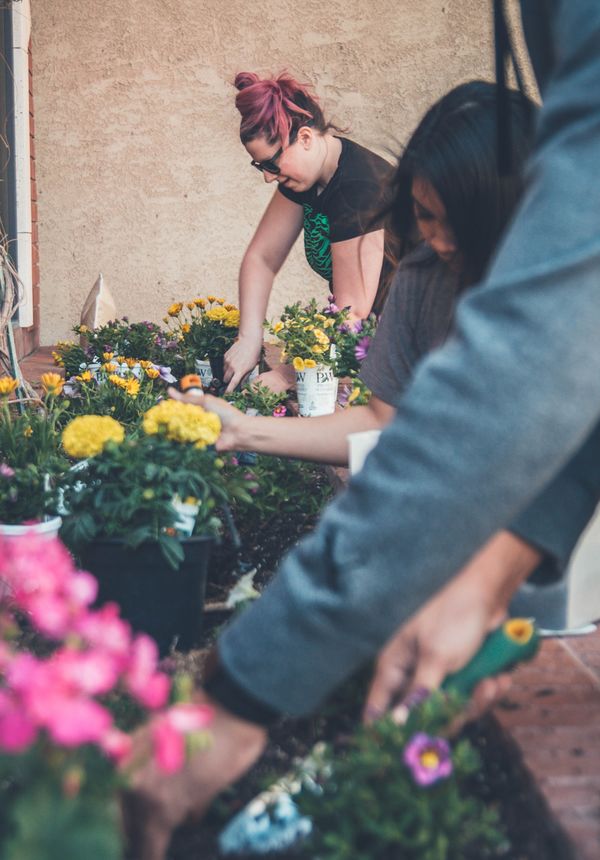Connexus to join Domestic Abuse Housing Alliance
A view from Richard Woolley - Connexus CEO
Today in England, as I’m sure you’re very aware “lockdown number 2” came to an end. For some victims of domestic abuse, accessing support might now become more of a realistic prospect. It’s perhaps therefore not a surprise that domestic abuse services across the country are readying themselves for their own second wave - a second wave of referrals.
As a sector, when it comes to domestic abuse, what have we learnt from lockdowns 1 and 2 and how can initiatives like the Domestic Abuse Housing Alliance play a part?
Pictured - Richard Woolley, (CEO) & Christine Duggan, Director of Operations
Experts in what they do
Connexus is a community focused rural housing group with around 10,000 properties across Herefordshire and Shropshire. For the latter county, Connexus operates the country’s primary domestic abuse service SDAS (Shropshire Domestic Abuse Service) on behalf of the local authority, Shropshire Council. The team are experts in what they do, with both knowledge and insights that puts our wider Connexus group in a unique position to harness.
As an example of this, during the first lockdown we were able to see a direct correlation between the beginning of lockdown and a decrease in domestic abuse referrals to our Shropshire based SDAS service. As the team predicted, and thankfully planned for, once lockdown eased we saw an increase in referrals by around 50% (June 2020). With this in mind, when news of lockdown number 2 came, we wanted to proactively raise awareness of the link and increase accessibility of resources available to both victims but also (in many cases) their now less accessible support networks.
We did this by calling once again on the experience of our colleagues at SDAS (more detail here):
- Training sessions were arranged with our Customer Service teams
- Updated resources on our website (mid-month website traffic shows a 98% increase in traffic vs pre lockdown levels)
- Specialist support content on our social media channels including special guest Rachel Williams (for Facebook these posts reached some 6 thousand people)
- DA information posted to the homes of our 10,000 customers
The above could go some way to more evenly spreading referrals inside and outside of lockdown. But realistically, will these targeted efforts allow us to draw meaningful comparisons between them and referral data? If you’re a domestic abuse victim, would seeing a Facebook post make it easier to act? Perhaps, and we should count all of this as a success. But with that being said, are we missing the bigger picture?
In conclusion
While lockdown has enabled us to see patterns in data and response, for example fulfilling emergency refuge accommodation needs in both Shropshire and Herefordshire or planning domestic abuse communications, this is reactive and actions are taken in isolation. In reality, we need to see them as part of a bigger more connected approach that’s embedded throughout an organisation.
It’s with great enthusiasm then, that I’m able to write of how Connexus is further strengthening support to victims of domestic abuse by becoming a member of the Domestic Abuse Housing Alliance. This should take around 12 months from April 2021 to complete and help to ensure Connexus is in the best possible place to provide our colleagues with the knowledge and mechanisms to spot and report concerns. Ultimately this will provide more effective support to anyone who suffers domestic abuse.
Domestic Abuse Housing alliance (DAHA) - dahalliance.org.uk

Customer scrutiny panel tackle damp, mould and much more

Changes to the repairs service at Connexus

Falls Awareness Week 2022

Connexus invests in outdoor spaces for Independent Living residents

Connect Magazine - Summer 2022
